

equality & inclusion in Bermuda


Cancer Care For All
Cost should never be a barrier to life-saving care. Bermuda Cancer and Health Centre
From early detection through treatment, we offer screening and diagnostic mammography, and diagnostic breast ultrasound and biopsies, alongside advanced radiation therapy for 95% of radiation-treatable cancers. Our alliance with DanaFarber Brigham Cancer Center and our team of onsite radiologists, oncologists, and cancer navigators ensure caring, expert guidance that meets international standards.
Our Equal Access Fund makes this possible because this community takes care of each other. Your support ensures these essential services remain accessible to everyone when they need them most.
chc.bm info@chc.bm | 441-236-1001

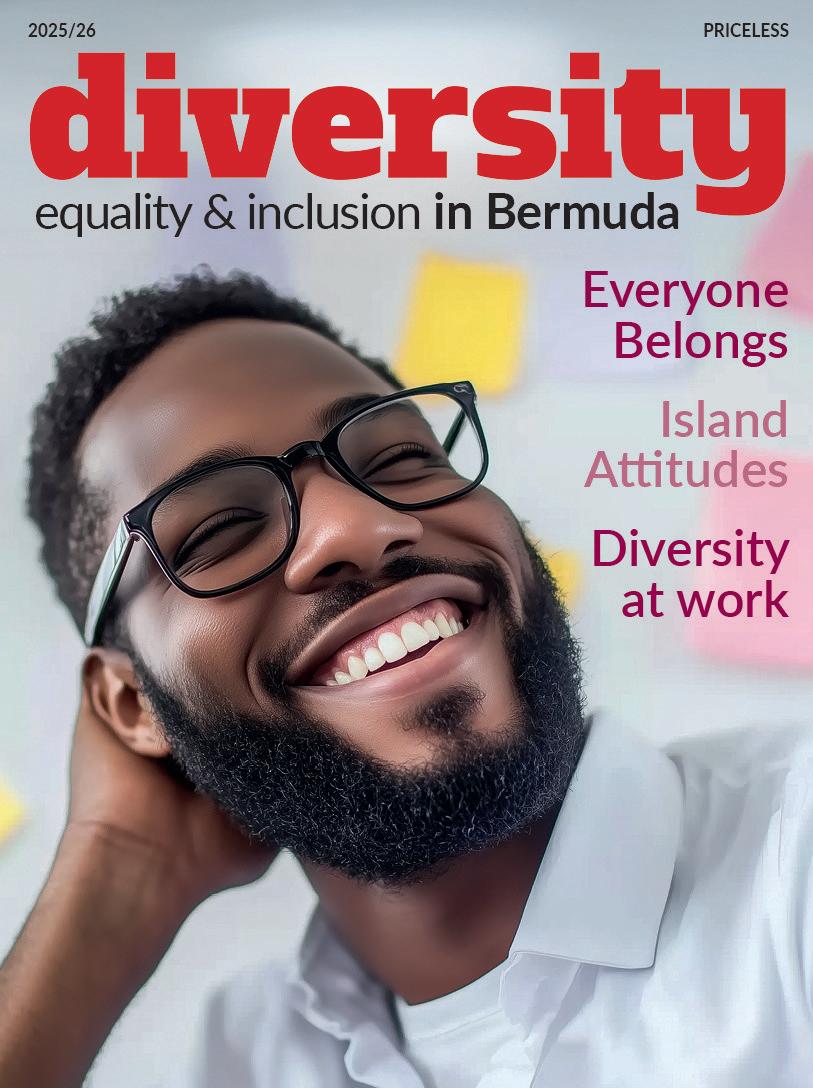



Why Bermuda Still Stands Firm on DEI
In a time when Diversity, Equity & Inclusion (DEI) initiatives are being rolled back globally, Bermuda offers a striking counterpoint: leaders here continue reaffirming their commitment to inclusion, not as rhetoric, but as businesscritical practice.
From the corporate sector, Target’s experience shows the risks of abandoning DEI. In early 2025, the retailer scrapped its $2 billion REACH initiative and disbanded its Supplier Diversity program—resulting in a steep 12 percent stock drop and investor lawsuits citing misleading DEI commitments.
Even U.S. government agencies aren’t exempt from pushback. In January 2025, the Trump administration issued multiple executive orders targeting DEI programs in federal departments under “Executive Order 14151,” mandating the dismantling of DEI offices and scrubbed references to equity from official materials. This included the removal of diversity content from websites and the dismantling of



DEIA (Diversity, Equity, Inclusion & Accessibility) roles.
This backlash has sparked a U.S.wide retreat. Some states have enacted laws banning DEI programs in public institutions, while universities have closed multicultural centers that served as lifelines for marginalized students. Companies are also renaming DEI initiatives as “employee engagement” or “culture” to avoid political scrutiny.
Yet Bermuda stands apart. DEI isn’t being rebranded—it’s embedded in core values, leadership strategies, and
practical programmes. Far from fading, its importance has strengthened in response to global headwinds.
This commitment goes beyond words. Employee inclusion on the island is increasingly supported through policies focused on belonging and support— rooted in substance, not symbolism. Rather than retreating, local businesses recognize that DEI isn’t a trend—it’s a cornerstone of innovation, retention, and long-term success.
For Bermuda, the question isn’t whether DEI should be sustained, but how ambition can be deepened. Areas ripe for attention include expanding neurodiversity inclusion, embedding inclusive benefits like caregiver support, and ensuring public-sector leadership mirrors the island's demographics.
As global debate on DEI grows more contentious, Bermuda’s steadfast commitment offers a model: inclusion isn’t merely fashionable—it’s functional, foundational, and future-focused.

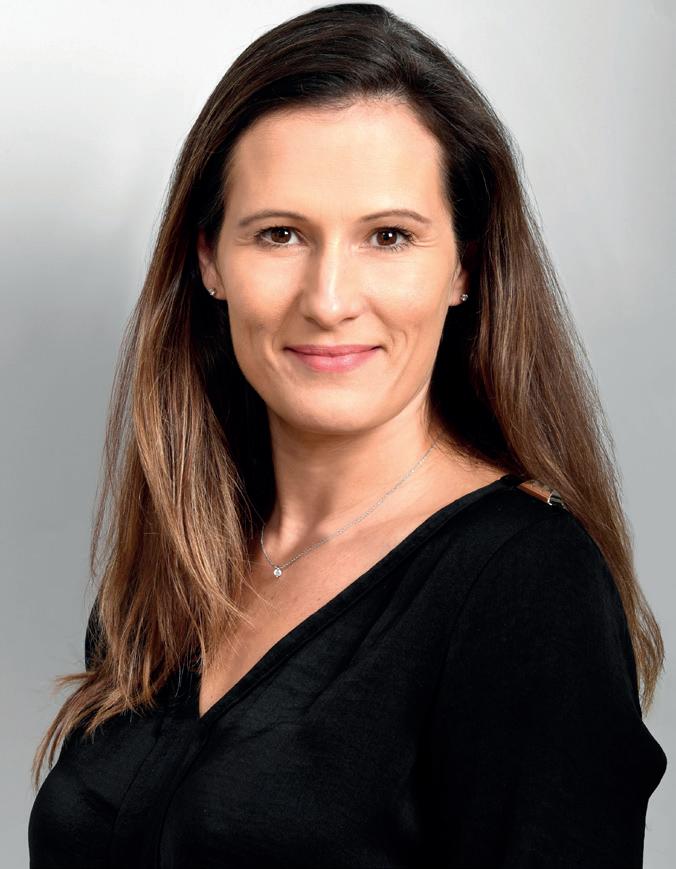
The Association of Bermuda International Companies (ABIC) serves as a collective voice for Bermuda’s international business (IB) sector, which includes insurance, reinsurance, and financial services companies. We work alongside government and industry partners to ensure Bermuda remains a leading domicile of choice—where international companies thrive, and the broader community benefits.
ABIC’s efforts are interconnected across several key initiatives. Through our Education Awards, DEI Strategy, and International Business is Everybody’s Business campaign, we aim to create opportunities for underrepresented groups by improving access to education, internships, mentorship, and ultimately, fulfilling careers in IB.
On July 24, as part of the 48th year of the ABIC Education Awards, we are proud to award a record $800,000 in scholarships to 29 deserving Bermudian students through our need-based Education Awards Program. This is more than just financial assistance—it is a strategic investment in Bermuda’s future. Many of these recipients come from diverse backgrounds and will bring fresh, valuable perspectives to the international business sector.
ABIC collaborates on mental health and neurodiversity programs and continues to support various nonprofit organizations, including WeSpeak, which empowers women (and teens!) in public speaking, as well as OutBermuda, Bermuda’s leading LGBTQ+ advocacy
Building a Bermuda That Belongs to Everyone
By Natalie Rose, Chair of ABIC’s DEI Committee
Natalie Rose is not only the Chair of ABIC’s DEI Committee— she is also a passionate advocate for building a Bermuda where everyone truly belongs.
and community organization. We remain committed to equity in every form— racial, gender, social, and economic. Our joint DEI survey with ABIR and BILTIR continues to benchmark progress toward a more inclusive industry.
This June, we partnered with ACRE, Aon, and Markel to host a powerful roundtable featuring Black Bermudian men in IB. Their stories—of navigating bias, opportunity gaps, and professional barriers—were filmed and will air at this year’s DIVE IN Festival, themed “Belonging Builds Tomorrow.” And we believe it does.
We must make sure that young
Bermudians—especially those without connections or financial privilege—see IB as a path they belong on. Many are already carrying immense responsibility at home. They are resilient, resourceful, and powerful. We recognize that strength. This is not about handouts. It’s about opening doors to talent that has always been here.
To every young person wondering if they belong: You do. We want you. You are welcome. Your story, your background—it’s not a disadvantage. It’s your superpower. Bermuda needs your voice, your grit, your leadership. Let’s build that future—together.
At Every Level You Belong

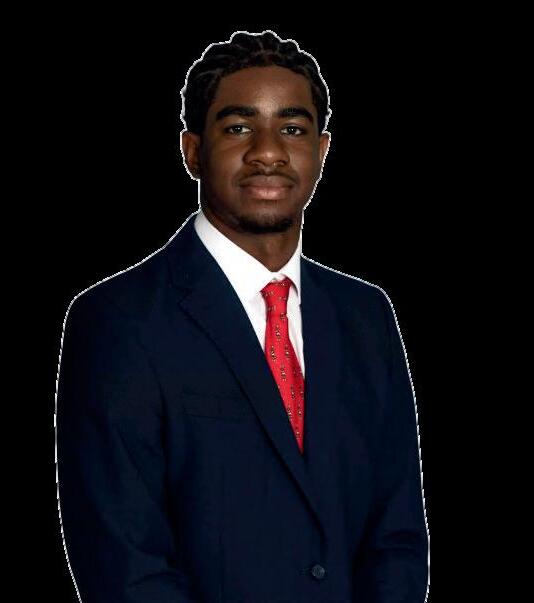

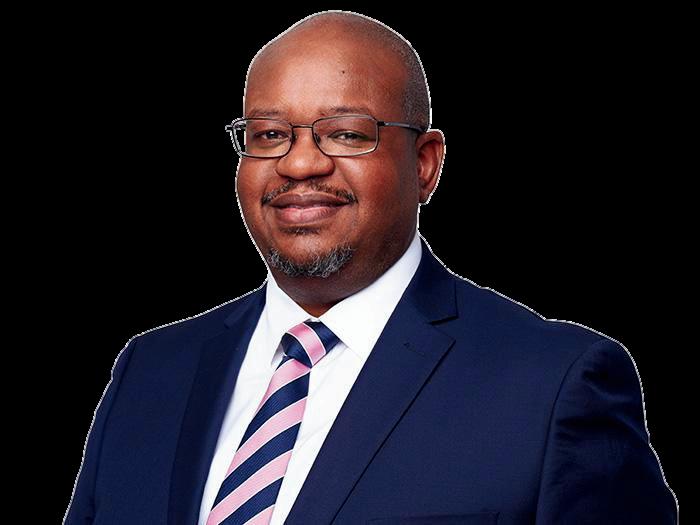

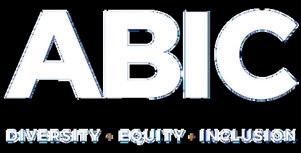


Cancer Care in Small Communities: Innovation, Access and Equity
By Dr Chris Fosker, CEO and Medical Director, Bermuda Cancer and Health Centre
Cancer is a diagnosis no one wants to receive. When it happens, where you live shouldn't determine whether you live.
In small communities like Bermuda, providing world-class cancer care requires us to think differently. Geographic isolation, limited resources, and smaller populations demand innovation, collaboration, and an unwavering commitment to equity.
At Bermuda Cancer and Health Centre (BCHC), we refuse to accept that island life means second-class healthcare. As an independent nonprofit facility, we've transformed cancer care in Bermuda by ensuring prevention, early detection, and treatment services reach everyone, regardless of insurance status or ability to pay.
Bringing Care Home
For decades, Bermudians faced an impossible choice: travel abroad for cancer treatment or go without. Families were torn apart. Patients' delayed care. Some simply couldn't afford to leave.
In 2017, everything changed. BCHC's partnership with Dana-Farber Brigham Cancer Center brought radiation therapy to our shores, treating 95% of radiationtreatable cancers locally. This wasn't just a technical achievement. It was about keeping families together during their most vulnerable moments.
Cancer doesn't wait for travel approvals or work schedules. When patients can receive treatment steps from home, surrounded by their support networks, outcomes improve. Community matters in healing.
Innovation Through Partnership
Small communities cannot afford to work
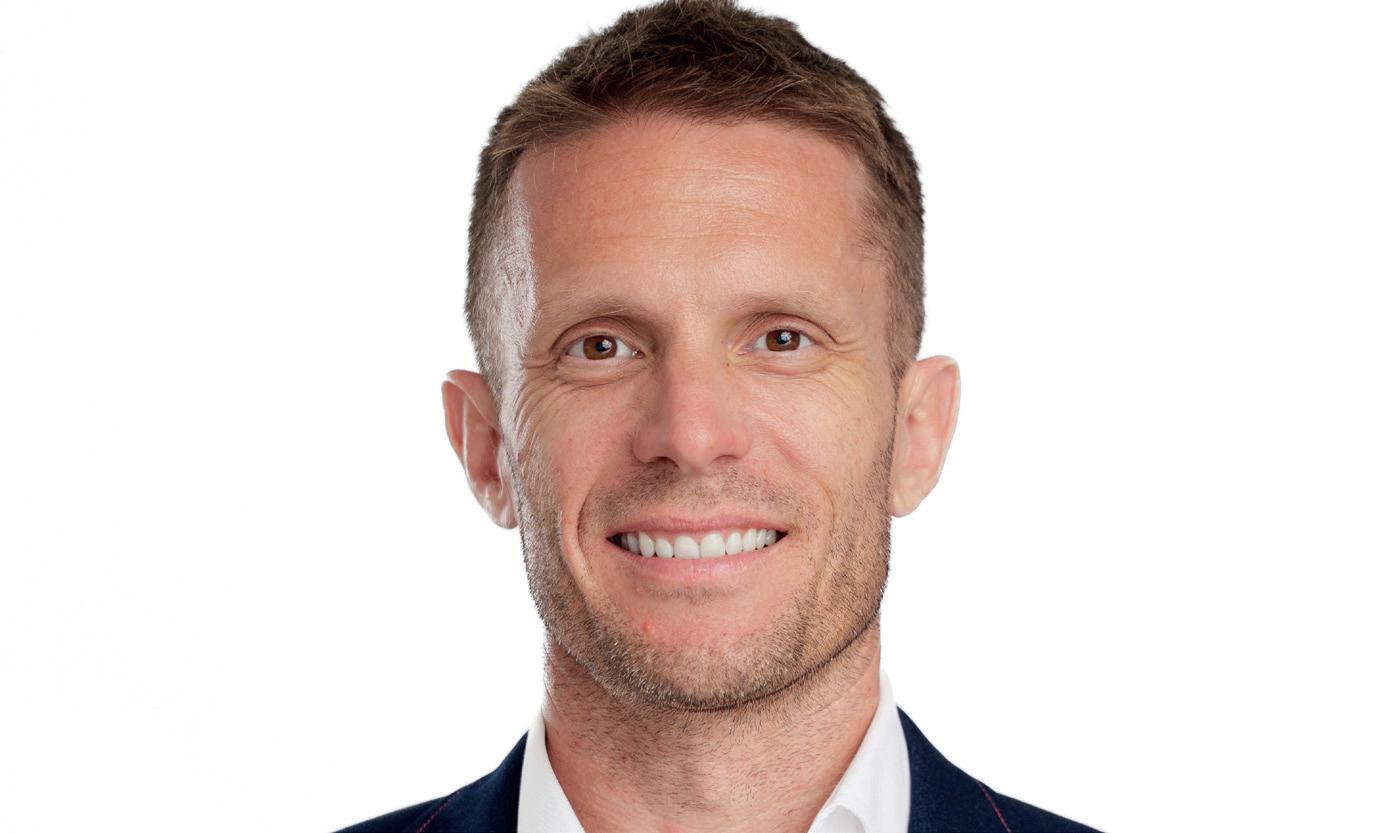
in isolation. Success requires strategic collaboration.
Our international partnerships allow us to deliver care that meets global standards while remaining rooted in local values. Innovation isn't always about the latest technology. Sometimes it's about reimagining how we deliver care, breaking down barriers, and putting patients first.
Every decision we make asks: Does this serve our community better?
Equity as Our Foundation
More than 40% of our patients receive subsidised or fully covered services through our Equal Access Fund. In a world where medical costs devastate families, this commitment isn't optional. It's fundamental.
But equity demands more than financial access. Cancer care begins long before diagnosis, with education, screening, and awareness. Our data suggests that Black people in Bermuda may be more likely to present with cancer at a later stage, though further research is needed to understand the underlying causes.
Addressing these disparities means meeting people in churches, workplaces, and community spaces with culturally relevant outreach and trusted voices.
True equity means ensuring everyone has the same chance not just to receive care, but to never need it.
Leading by Example
Small communities have unique advantages. We know our neighbours. We understand local challenges. We can move quickly and adapt solutions to fit our specific needs.
The future demands that communities like ours continue leading with courage. We must advocate for sustainable health funding, forge transparent partnerships, and maintain accountability to the people we serve.
Our size doesn't limit us. It empowers us to innovate, to care deeply, and to prove that exceptional cancer care isn't reserved for major cities.
When small communities commit to excellence, we become beacons for what's possible everywhere. ◆
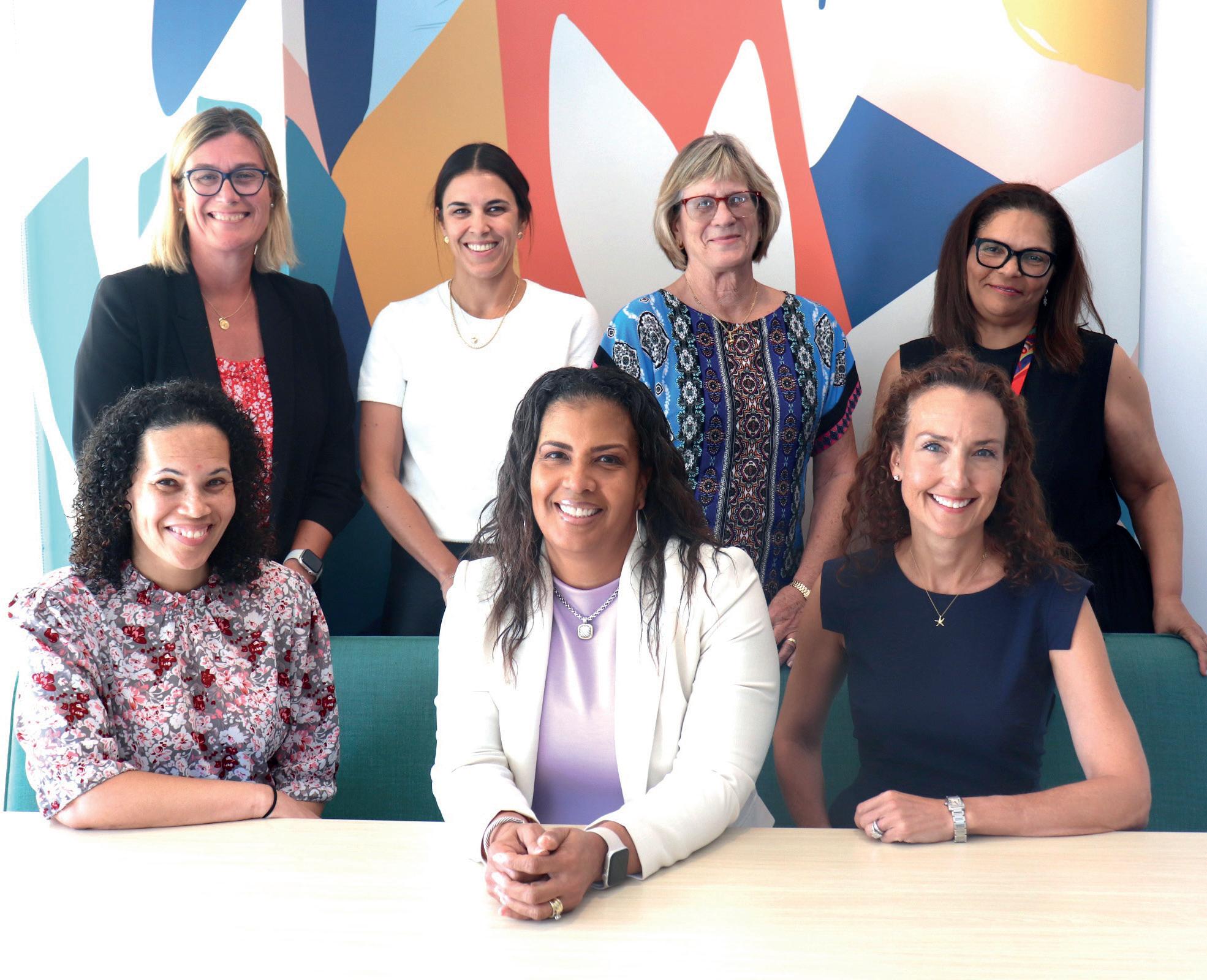
Leading with Intention
HSBC Bermuda explains how it reshaped its executive team through talent investment and succession planning
HSBC Bermuda is proud to be led by an executive leadership team that is predominantly female, and one which is deeply committed to inclusivity. 64% of our Executive Management Committee is comprised of female leaders. This didn’t happen by chance. It started with HSBC’s goal of increasing the number of female leaders within the company globally. In Bermuda our leadership structure is the result of deliberate and purposeful development and succession planning.
One of our core values as a business is valuing difference. Our business was founded and continues to evolve on the strength of different experiences, attributes and voices; they are integral to who we are and how we work. We believe that the greater our empathy and diversity, the better we reflect the worlds of our customers and communities – and
the better we can serve them. It is our ambition and purpose that this core value is represented not only in how we support our customers, but also our employees.
To achieve HSBC Bermuda’s goal of increasing the number of senior female leaders, we reviewed our succession plan to identify roles likely to be available within the short, medium and long term. We then identified our talent pipeline. The next step was understanding the aspirations of our talent pipeline and each individual’s willingness to develop and take on more senior roles. We made the conscious and deliberate decision to prioritise investing in this talent pipeline through overseas assignments to build international experience, executive coaching, broadening networks globally, sponsorship and leveraging of HSBC’s global suite of leadership offerings.
At HSBC, succession planning is not simply about identifying who is next in line. Rather, it’s a critical exercise directly linked to the sustainable success of our business. We regularly plan for future strategic workforce needs, and our process ensures we have a diverse and highquality pipeline of talent to consider when a critical role becomes available. We also challenge ourselves by thinking critically about what good leadership looks like, and how we can prepare our talent for their next opportunity, particularly where historic underrepresentation existed.
Within 10 years, our Executive team grew from 25% female to 64% female. This was achieved through development of internal talent, recruitment externally and via leveraging talent from within the HSBC Group. Today, women lead both our Corporate and Institutional Banking and our International Wealth & Personal Banking businesses, as well as several support functions. They influence strategic priorities and shape the future of our business.
When leadership reflects on the real needs of a workforce, one that enables employees to thrive both in and outside of the workplace, this has a direct influence on our policies. In 2024, HSBC enhanced its family friendly benefits, inclusive of maternity and paternity leave, adoption leave and carer leaves. We sought to make our benefits inclusive for all, regardless of gender, family makeup or individual background. For us, one clear example is our paid maternity leave policy — a benefit we are proud to feature in this edition.
Our maternity benefit allows employees to take 24 continuous weeks of leave, 18 of which are fully paid. We understand the important balance between building a career and supporting your family. To us, this is more than just a benefit – it reflects who we are, and the kind of workplace we want to foster.
Valuing difference is not only a core value of HSBC, but also how we operate as a business. By embedding this in our leadership culture, policies, and operating principles, we’re not just building a more inclusive workplace – we’re building a better business. We’re proud of achieving our goal to develop more female leaders, and even more excited about the leaders we’re developing for the future. ◆

My goal was to make a profit

Now its to make a difference
Business is rarely a straightline. Wherever it takes you, we can help.
Rising Together
Advancing Racial Justice Through Truth, Equity, and Community
By Stacey-Lee Williams, Executive Director, Citizens Uprooting Racism in Bermuda (CURB)
Racism leaves deep and lasting scars—socially, economically, and emotionally. In Bermuda, those scars remain visible. But so too does something far more powerful: the collective will to heal, to transform, and to build a future grounded in equity, dignity, and unity.
At the heart of this work is Citizens Uprooting Racism in Bermuda (CURB), a leading non-governmental organisation dedicated to dismantling systemic racism and fostering racial justice throughout our island. CURB stands at the powerful intersection of advocacy, education, and community healing, working with intention and integrity to ensure a more






just Bermuda for all.
CURB’s programmes are not theoretical ideals. They are real, measurable, and community-driven. Each year, CURB engages over 700 Bermudians through youth leadership initiatives, restorative justice practices, community dialogues, and racial equity trainings. From grassroots organisations to government institutions, CURB facilitates the courageous conversations and transformative learning that help Bermuda reckon with its past and reimagine its future.
Initiatives like the Fair Play Sports Club Programme equip coaches, parents, and young athletes with the tools to





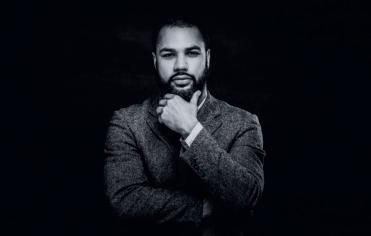


model fairness and inclusion both on and off the field. Through public speaker series, in-depth position papers, and policy recommendations, CURB elevates critical conversations around reparative







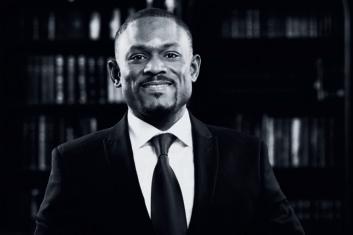




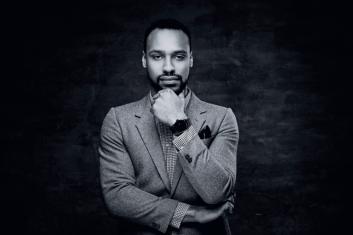






















justice and racial equity, pushing them from the margins to the national stage.
At the core of CURB’s impact is its unwavering commitment to truth and reconciliation. In a society shaped by centuries of racial disparity, silence is never neutral—it is part of the problem. CURB creates brave, facilitated spaces where hard truths are acknowledged, shared, and honoured—spaces where personal stories evolve into collective strategies, and where empathy leads to action.
Our vision is as bold as it is urgent: a Bermuda where race is no longer a barrier to opportunity, where every resident is recognised, respected, and empowered to thrive. A Bermuda where justice is not an aspiration, but a lived experience. A Bermuda where we rise together, united by shared purpose, shared humanity, and a shared future.
Change does not come easily. It is not achieved in a moment, but built day by day, choice by choice, generation by generation. CURB believes in this process. And we believe in Bermuda.
As our island continues the journey of reckoning and renewal, CURB’s work is not only relevant—it is essential. Racial justice is not a destination; it is a continuous commitment. A commitment we must all share.
Let us support this vision. Let us join the conversation. And above all, let us rise together. ◆
Island Attitudes on Appearance

In Bermuda, traditional attire—cleancut hairstyles and conservative dress—was long the professional standard. As recently as the 2010s, businessmen were often seen in colourful shorts paired with a blue blazer, shirt, and tie. Casual Fridays soon gave way to casual everyday wear, and today it’s rare to see a tie—let alone a suit or blazer.
Cultural attitudes are shifting too. While formal workplace data for Bermuda is limited, legal precedents overseas and community discussions point to a growing acceptance of body art and natural or protective hairstyles— including braids, afros, and dreadlocks. In the United States, the CROWN Act
of 2022 (Create a Respectful and Open World for Natural Hair) was introduced to protect employees against hairstyle discrimination.
Bermuda’s workplaces are also becoming more inclusive, recognising that authenticity and individuality—especially among younger generations—boost engagement and reflect evolving social norms. While corporate and traditional industries may still prefer conservative standards, sectors like hospitality and creative services increasingly embrace personal expression. Visible tattoos or natural hairstyles can even serve as a point of connection with visitors seeking genuine island experiences. ◆

Diversity at Work: How Bermuda Businesses Are Redefining Inclusion
As Diversity, Equity and Inclusion (DEI) initiatives transform the make-up of many corporate workplaces, business leaders, HR professionals and internal DEI advocacy groups face a new challenge – how to create space where people from different genders, ethnicities, cultures, beliefs, learning styles, personality types, sexual orientations and even languages and neurodivergence feel comfortable, safe, creative and productive.
If that sounds tricky, it is. Even to the point of ‘DEI’ gently fading from corporate vernacular, replaced instead by clearly stated values, goals and practices
that are flexible and, well, diverse and inclusive.
This is the birds-eye view presented by DEI insiders who shared some consistent themes taking hold in corporate Bermuda (and beyond).
As one HR manager at a local exempt company put it: "We don’t necessarily refer to it as DEI, we are focused on making sure our people can show up and be the best version of themselves - because that’s who we need for the business thrive.”
This highlights an often misunderstood point about the goals of DEI policies – while they are aimed at “doing the
right thing”, DEI is also very much about boosting the bottom line. Studies have consistently shown that diversity of thought, borne from a variety of life experiences and perspectives, leads to a wider set of solutions and innovations, as does making sure employees feel respected and safe to share their ideas. In fact, a 2020 McKinsey & Company report showed that businesses with greater gender and cultural diversity comfortably outperformed those with a more narrow set of employees – and all this while addressing past transgressions, discriminatory practices and biases. In that light, DEI seems sensible, if

not noble, so how are DEI goals achieved and what is it like to work in a purposely diverse environment?
“It’s not always easy,” is a common refrain from the people studying and implementing these practices. They also say building a diverse workplace should not be confused, or conflated, with affirmative action.
“For recruitment and hiring, we do a lot of work with our managers so they understand what we are trying to achieve,” the HR manager continues. “Then we put a wide set of candidates in front them and trust that they will choose based on what a role is really asking for. Does it need somebody that's going to drive things forward, or does it need somebody that's going to come with a more analytical, critical eye for process or for data or detail? It becomes something that is very business focused and tangible, instead of saying, oh, we're checking this DEI box.”
So it is not about making sure every group is represented but instead casting the net wide enough to find the right candidate. Most successful (read profitable) businesses are not in that
“We consciously refer to DEI less—but only because it’s become part of how we do business every day.”
habit of missing out on opportunities to improve, nor are they committing valuable resources to quixotic missions trying to re-shape society.
Local executives acknowledged that the term DEI has become a “lightning rod” in the public discourse and steering away from it allows action to continue without experiencing unnecessary blowback or stress for the business or its employees.
"We are consciously referring to it (DEI) less, internally and externally, which is not to say we don’t value the product,” explains a C-Suite Executive who leads DEI initiatives at their company. “It is stuff we were doing all along anyway, ensuring that people feel that they can contribute and develop within the organisation. We ensure there is a partnership between HR, office

Diversity in Action
or platform leadership, and our DEI advocates to create a strong connection point as well clarity of roles and responsibilities.”
These are all core elements of company culture and business leaders clearly value the role it plays in achieving DEI goals. They explain that when their recruitment and hiring process is grounded in certain values then as people come on board they know what they signed up for and are choosing to be there.
The success of DEI policies, both in theory and practice, requires significant latitude and trust for the people in the business to navigate day-to-day interactions for themselves.
“We can say, you are a fully formed, intelligent adult and we hired you because we recognise that, and trust you to make good decisions,” is the succinct analysis from one HR department.
So how does this play out in the real world? A simple example is what many companies call ‘dress for your day’, which means if an employee knows they’re going to be hunched over their desk all day crunching numbers they might feel more productive in casual attire. Alternately, for client meetings or when board
“Some topics are better left at the door—politics and religion top that list if you want a truly inclusive workplace.”

members are in town there’s a general understanding that dressing smarter makes sense.
"I’ve always felt comfortable to wear whatever I want,” says a graduate intern at a local firm. “Obviously I’m keeping it

professional, not a suit, but definitely a button up. But then again, people seem to do what they want, as a matter of fact, I’ve seen a manager in a gym shirt and flip flops.”
He says his firm gave no directives on attire or style and no DEI policies were expressly communicated to him, instead people “just figure it out”. He also says, as a gay man he has “never felt any bias at all.”
This sense of freedom, in conjunction with personal responsibility, illustrates another important aspect of DEI in the workplace - policies are more effective when understood but not mandated, giving employees agency in how they show up to be the best version of themselves.
Of course, it is easy to look at DEI as being solely focused on groups that have been marginalised in the past. That is certainly an important part of it, however, inclusivity by definition means creating space for many perspectives. For instance,

DEI advocates recognise that not everyone will engage with every initiative or to the same degree. They also say it is important to avoid making assumptions about why people may or may not engage.
Two examples were shared for this article, one where an Employee Resource Group (ERG) leader for PRIDE, who is trans, asked to step aside from that role for a while because of the negative attention focused on trans people in the wider community and her sense of vulnerability at that time. The second example came via a realisation by a staff member leading a year-long initiative on allyship in the workplace.
“It became clear that some people were just not interested in being an ally," she says, “and I had to be OK with that.”
As with most relationships, listening can be just as important as being heard and many companies that value DEI are sure to get feedback from their employees. Some of it can be very rewarding like when LGBTQ+ participants say
they feel safe and have equal access to opportunities, while at other times people share frustrations or even resistance to some initiatives and those voices add to the conversation too.
“In one instance the negative feedback really helped us understand and shape the language around what are trying to achieve and expressing why we want to achieve it,” says a HR professional. “Words are powerful and even one word can completely distort how something is digested.”
Despite the clear efforts to keep dialogue open and respectful there are some topics that experts suggest are “better left at the door”. Politics, today, is at the top of that list.
“There are a lot of strong political views, especially right now, and we have actually made a very active decision to leave politics out of the office. The reason for that is to maintain an environment of inclusivity where we can all show up and feel comfortable,” says an employee about
“Dress for your day: casual when it makes sense, sharper when clients or board members are in town.”
this decision.
This may seem antithetical to diversity and inclusivity of thought and ideas, but, again, a distinction is made for the workplace, where the goal is productivity and innovation for the success of the business and the people who work there. Much like hosting a big family gathering around special occasions, leaving politics on the front porch is likely to improve the quality of the experience.
For similar reasons, religion is often better left alone at the office. There is certainly room for curiosity and cultural learning but not for challenging beliefs or asking people to “overshare” if they don’t want to. For instance, bringing traditional baked goods to the office during a period of cultural celebration need not turn into a company organised morning of ‘show and tell’. Not every personality type is keen to do presentations and not everything needs to be a learning moment.
As DEI evolves, leaders are recognising that trust is built over time and rests on the core values that underpin an organisation’s culture. They also understand that sturdy relationships are two-way streets. Employees tacitly agree to a pact that says they are there to do a job that they chose and to help the business achieve its stated goals. If that means accepting others as they are, and trusting them to do the same, then that is what they’ve chosen to do. Meanwhile business leaders have chosen to hire specific people, laid out some ground rules and are trusting those people to fulfill their commitments to the best of their abilities and according to core company values. When they do the business can thrive.
As an executive leader in DEI concludes: "There has been a lot of education regarding awareness and a lot of development of practices rather than policies. People have been more open to this approach and understanding when we tie it back to core values like respect and integrity.”
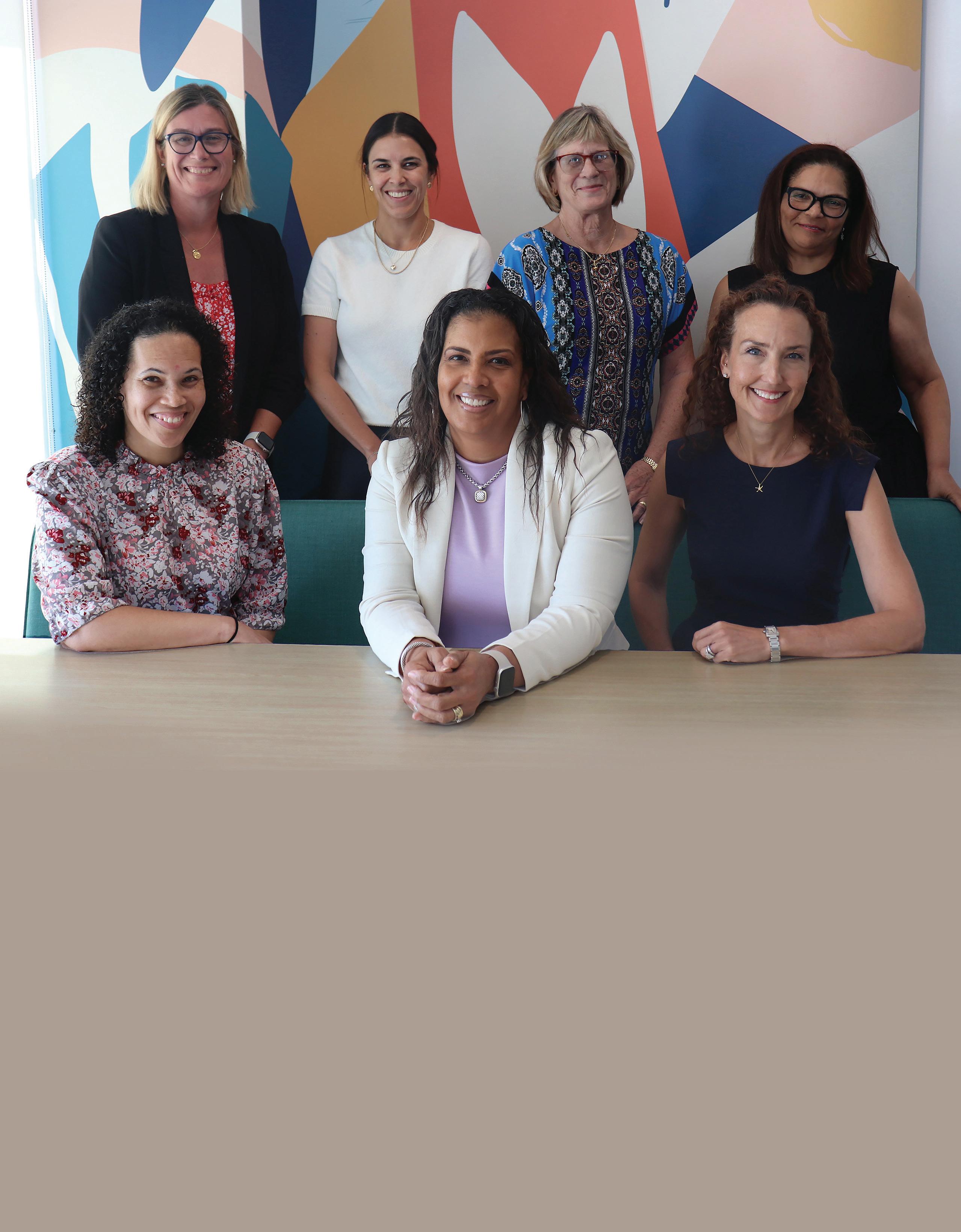
We opened the door now they’re leading the way
Women thriving in business means businesses thrive too.
At HSBC, our global network and connections can help unlock the growth women in business are looking for.
HSBC Bermuda is proudly led by a predominantly female executive team, driving change and championing inclusivity.
Pictured from left to right (sitting): Twynika Smith-Blakeney, Chief Compliance Officer, Yolanda Outerbridge, Head of Human Resources, Louise Twiss West, Head of Corporate and Institutional Banking.
Pictured from left to right (standing): Tanya Bule, Head of International Wealth & Premier Banking, Kristin Peterson, Chief Operating Officer, Judy Doidge, Corporate Secretary, Jill Virgil-Smith, General Counsel.
